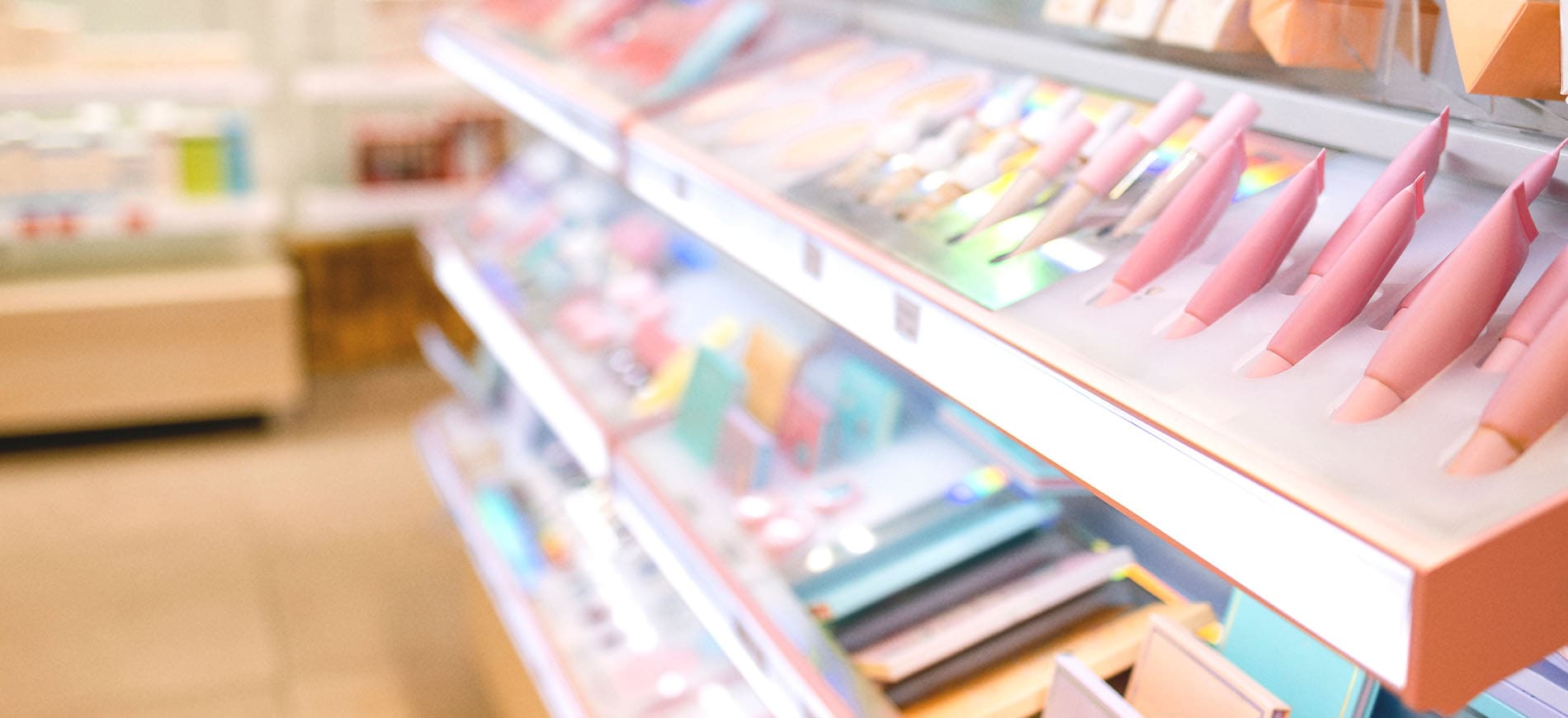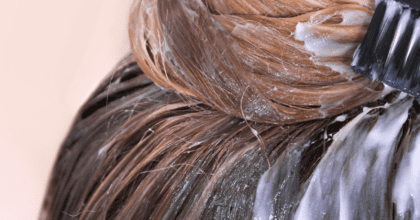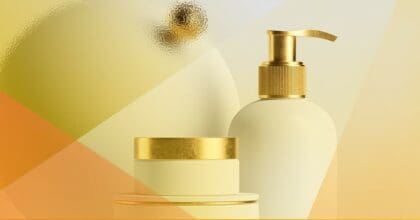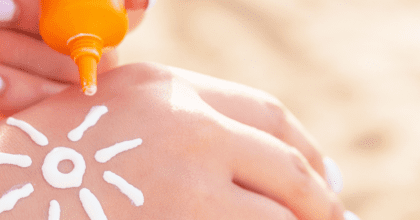The COVID-19 outbreak has created challenges across the beauty industry, and fragrances have already been one of the hardest-hit categories, with a particularly slow recovery forecast. Confined to their homes, consumers have reduced their usage of beauty products deemed non-essential and the category has suffered due to its reliance on travel retail. However, one of the biggest challenges the category faces in a post-COVID-19 world is that fragrances are notoriously difficult to sell online.
Brands will have to engage consumers online
In recent years, retailers have fuelled a significant proportion of investment into the in-store fragrance experience, but as footfall dwindles (driven in part by COVID-19, but this is a trend that was well established before the outbreak), they will be forced to turn their attention to online. Whilst many fragrance consumers shop online, they tend to use the channel for repeat purchases rather than product discovery. Sampling will remain influential, but fragrance brands need to do more to engage consumers online. Unlike other beauty categories, product descriptions, reviews and AR do little to aid the fragrance decision-making process, and trust in AI-powered fragrance questionnaires is weak.
This highlights how much fragrance brands can learn from Direct-to-Consumer (DTC) brands in adjacent beauty categories. It wasn’t long ago that the idea of buying a new foundation or lipstick online was almost unimaginable, but DTC beauty brands have successfully increased consumer comfort with making first-time purchases online. Leveraging influencer and user-generated content has never been more important to reach consumers. Meanwhile, fragrance brands also need to create a more personable online shopping experience, and again can follow the lead of DTC beauty brands that used the lockdown period to establish virtual consultation services.

Virtual consultations will help reduce the need for in-store sampling
Source: Renee Rouleau
The looming recession will ensure that value is at the forefront of the consumer’s mind in the future. Faced with less disposable income to spend on beauty, there is a risk that consumers will become less experimental, and will stick to fragrances that they know and trust. However, there will be a heightened demand for beauty products that offer more. With this in mind, products that claim to offer emotive and wellbeing benefits will resonate, as will fragrance products that have multifunctional uses and blur the lines between other beauty categories, such as haircare and body care. For example, almost half of fragrance consumers in the UK are interested in fragrance that offer moisturising benefits. The top mood/emotional benefits UK fragrance users are looking for are de-stressing, energising, and relaxing benefits. Eco-friendly and ethical claims will also add further value to products in the eye of the consumer.
Opportunities in new categories
Faced with more challenging times ahead, fragrance brands will also need to find new ways to pique consumer interest and drive demand. This will encourage more fragrance brands to move into adjacent categories as doing so not only reduces a brands reliance on any one category but also increases the number of touchpoints through which a consumer can buy into and experience a brand. Home fragrances will be a particularly strong opportunity as people are spending more time at home, meaning their surroundings have become much more important.
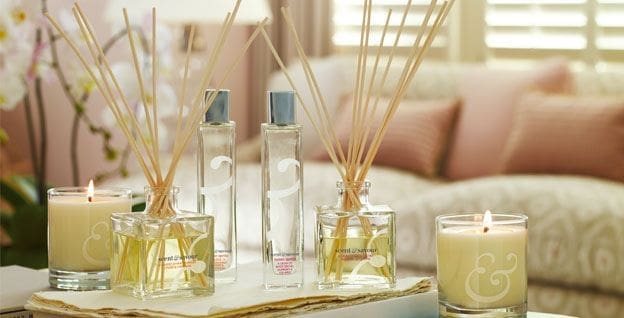
Home fragrances will be a strong opportunity
Source: Decoration Channel
However, newness will be key to ensure range extensions are successful, and we expect to see fragrance brands to experiment more with limited edition products and collaborations to drive demand and increase brand reach.
Mintel’s Most Innovative Beauty & Personal Care
Mintel is constantly tracking innovation, identifying trends and gaining insights. To learn more about the latest product innovations in the beauty & personal care industry, download Mintel’s Most Innovative 2024 report today.


















